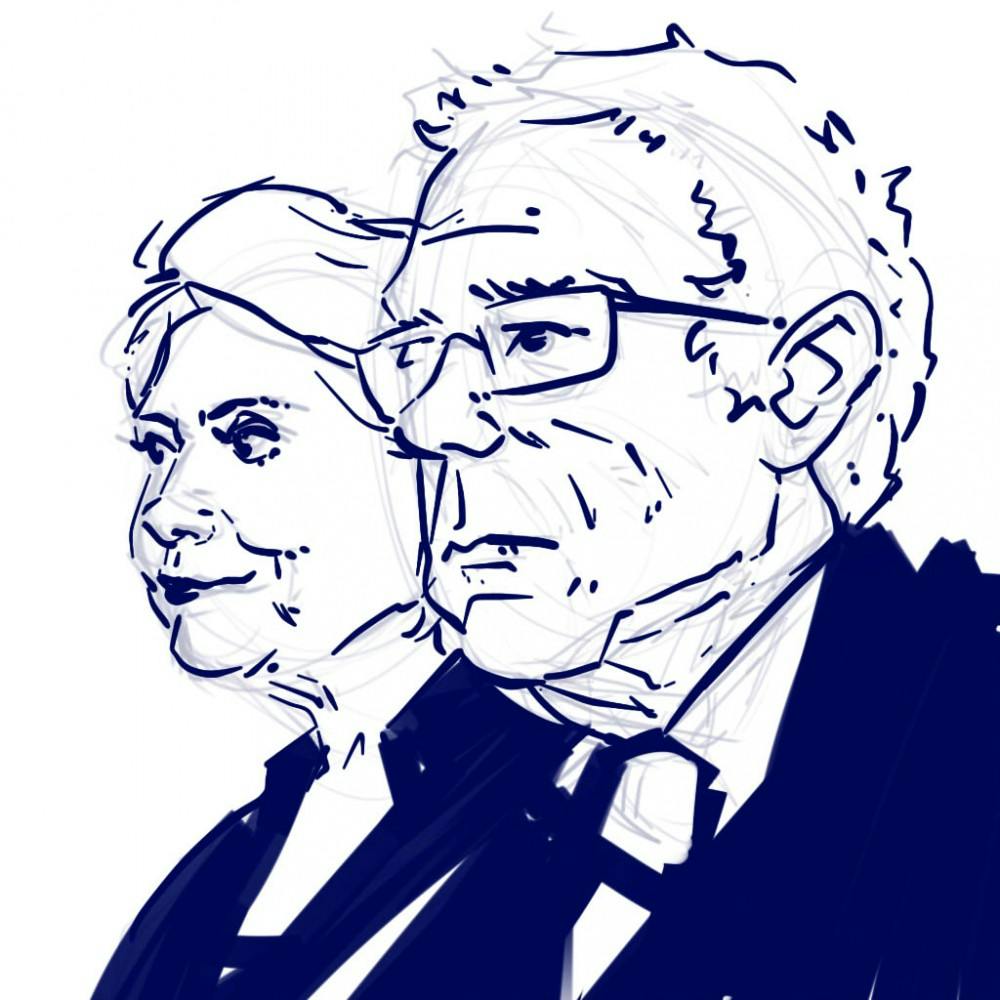The Democratic Town Hall last week sparked the first heated public exchange between Senator Bernie Sanders and former Secretary of State Hillary Clinton.
The fuel for the fire was a disagreement about what it really means to be a progressive candidate.
Clinton claimed she is a “progressive who likes to get things done,” while Sanders questioned just how progressive she could really be, given her views — which seem more moderate in comparison to his.
Clinton responded by stating that Sanders should not be “a gatekeeper of who’s progressive.”
Some have argued Sanders’ extreme progressivism has forced Clinton to move farther left, but it’s hard to say it is even necessary to win the nomination.
The argument has been revisited many times. But the takeaway is the same.
This disagreement is, in essence, a waste of time.
If we take a step back to look at the race for the Democratic nomination, we will see progressivism does not matter.
Clinton and Sanders are both Democrats, sure, but they are very different.
They’re almost running completely different races.
Sanders has openly stated in interviews he is a Democratic Socialist.
Clinton has agreed that she is a moderate Democrat.
Sanders has also said any time he referred to Clinton as a moderate, it was not meant in a negative manner.
That’s because there is nothing wrong with being moderate or progressive, or being more or less progressive than another candidate.
These criteria of progressivism create differences between them.
Progressivism is also not the only factor in being a strong Democratic candidate.
Factors like future goals, previous political experience and action plans play a role, too.
What is important to each voter is subjective, and each candidate has his or her own unique draws.
For Sanders, it may be his optimistic progressivism and his big plans for the future.
For Clinton, it may be her experience on the Hill and her tendency to compromise with the House and Senate to get things done.
Any educated voter supporting Clinton or Sanders knows the platforms and ideologies of the candidates.
That guides the votes.
Neither of the Democratic hopefuls has to fight to be progressive — whatever either of them believes that means.
Voters, at this point, find the Democratic Party split between two drastically different candidates.
In this race, it is not important for Clinton and Sanders to compete for the singular title of “most progressive.”
It is important for each of them to focus on making their own unique titles.




